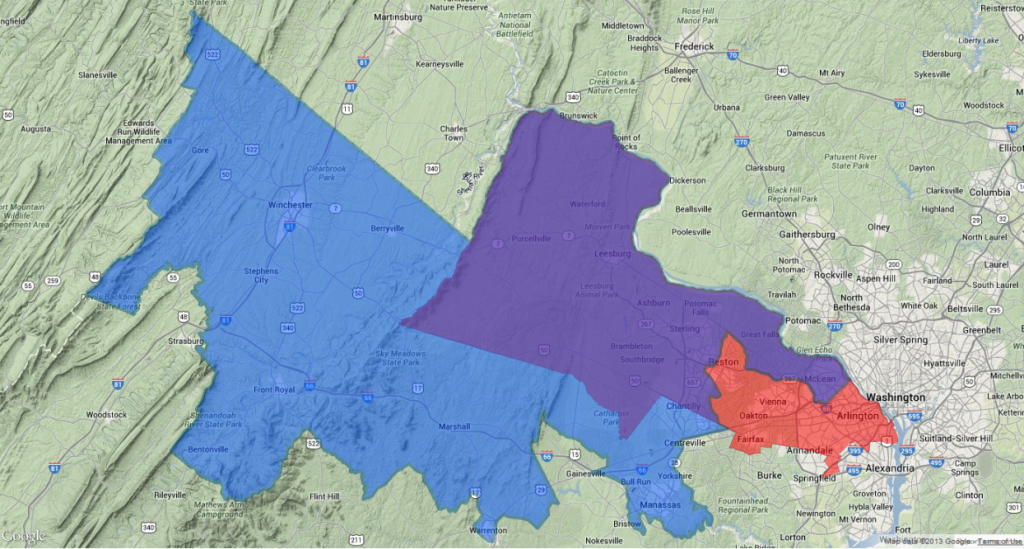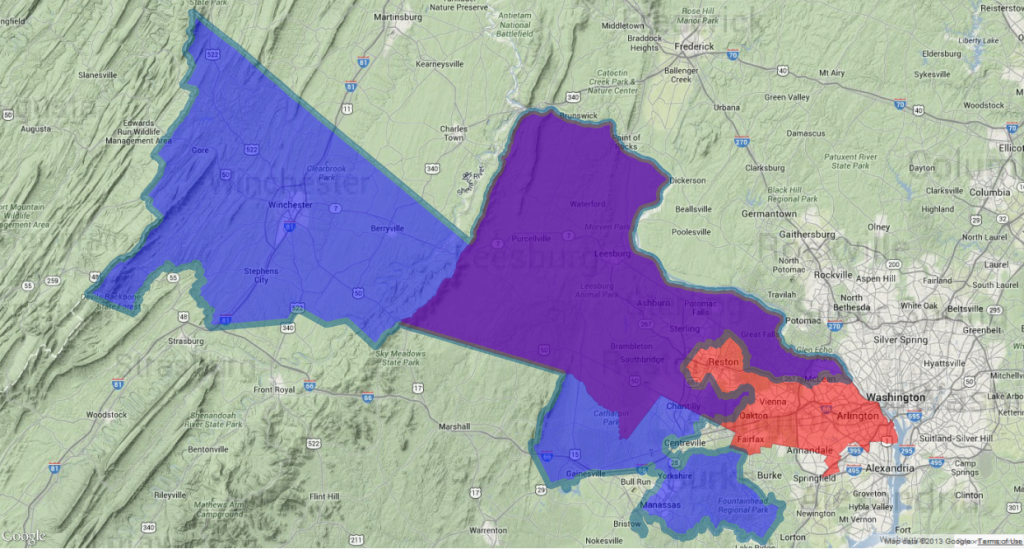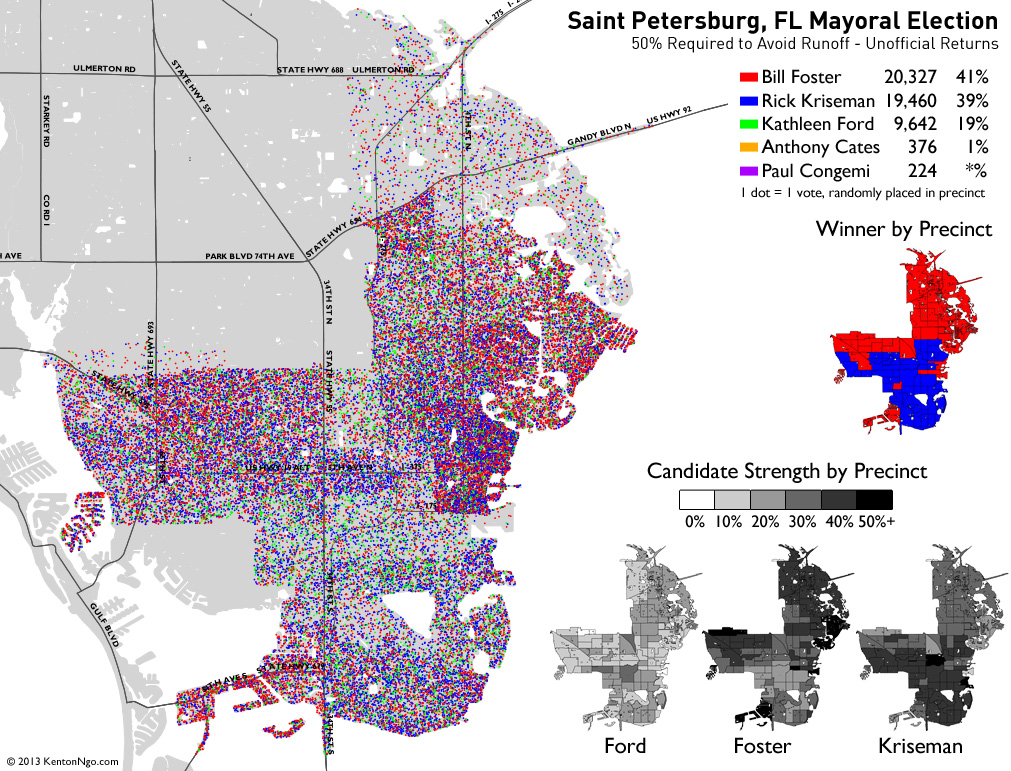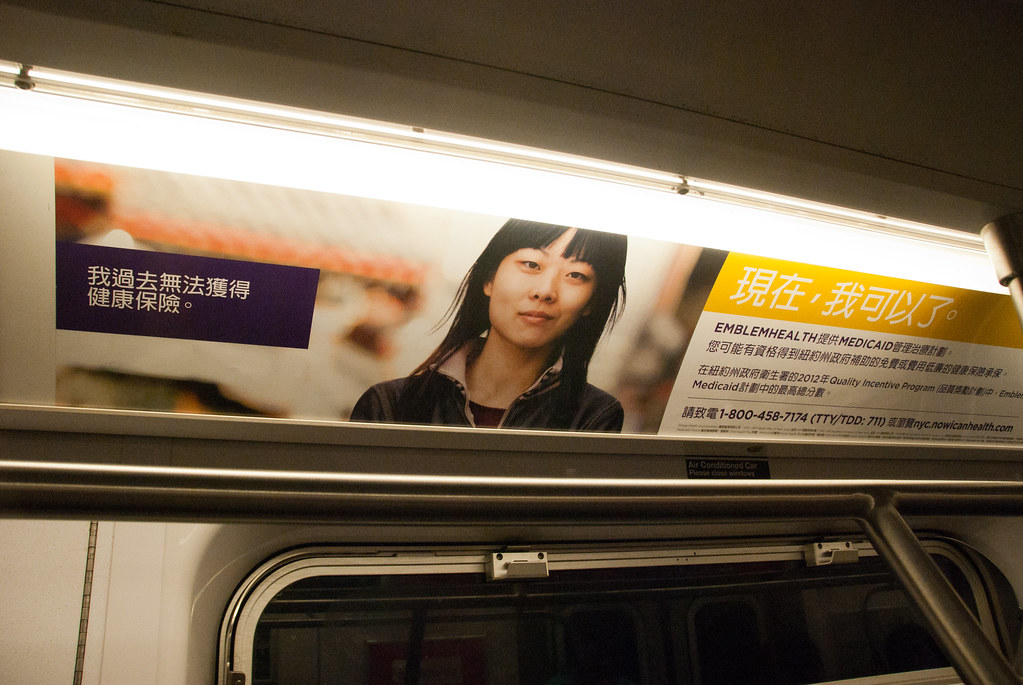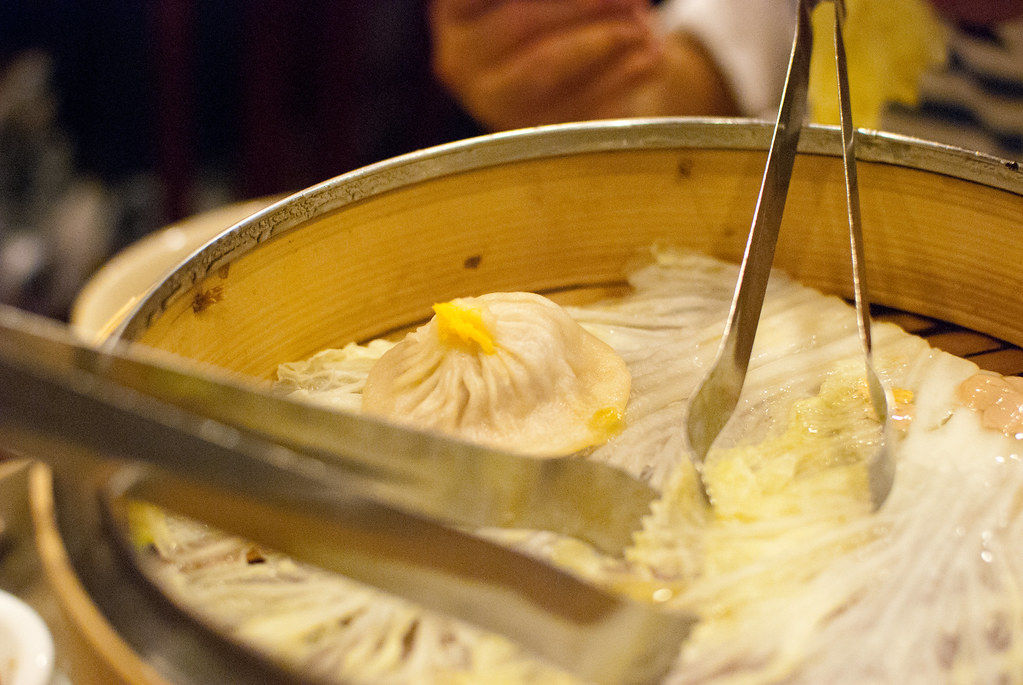There, I said it.
You might remember Amy Chua. You might remember her as the deranged “Tiger Mom” that thinks wearing down your children to withered husks of misery was the way to get them into Yale, that thinks that calling her daughters “garbage” will be good for them. She’s out with a new book, along with her husband, that builds on her troll theory of ethnic success, and argues some ethnic groups are more successful in America because they’re just culturally better.
Included among them are the Chinese, who have enough model-minority nonsense to put up with before Tiger Mom came along, and the Jews, who have suffered long enough under the assumption that there’s something different about their ethnicity that makes them more suited to certain things. It isn’t terribly surprising once you put some thought into it that two Yale Law professors seriously believe in something so dangerous as ethnic determinism.
I suppose that never letting your children think they are good at anything might get them into Yale if they stay out of therapy, but my Chinese parents didn’t beat the everloving daylights out of me, and I think I turned out fine. I didn’t go to Yale, but I think of myself as a fairly successful guy who has been called both a “cartography wizard” and a “dirty ignorant scumbag“. If you haven’t been called a dirty ignorant scumbag by anonymous PTA moms slinging mud over a School Board race, I think you aren’t successful enough yet.
Now, Chinese people are great (after all, one cannot underestimate a people that figured out how to steam a bun of soup), but it’s too simplistic to read Chua’s thesis as a form of racism. In fact, it’s more sinister than that. Chua, her husband, and many other members of the 1% genuinely believe they got to where they were because they were somehow inherently better people. To them, it wasn’t a society that opened its arms (sometimes reluctantly) to immigrants, gave them a social safety net so they could take risks without fear, and ensured at least a fighting chance at a stable, prosperous middle class. It’s that they’re ethnically better!
The worst part about this sordid saga is that both of them are tenured law professors at Yale. If anything exposes the dark, seedy underbelly of the elite views of their own superiority, it’s that the people teaching future white-shoe lawyers and M&A sharks genuinely believe that some ethnic groups are simply not cut out for life. No wonder our social safety net is under attack.
When Americans think of Chinese-Americans, the mythology of the striving child of a poor immigrant clawing their way to the top persists quite well. But part of the reason that Chinese-Americans have done so well is that their parents were so highly educated in the first place. Of the foreign-born population in the United States, 50% of East Asians and 65% of South Central Asians had a postgraduate degree, while only 18% of non-Asian immgrants had one.
The Statue of Liberty might welcome the tired and poor, yearning to breathe free, but when immigrants came over the Pacific they weren’t quite so tired and poor. Chua’s father is a highly regarded professor at UC Berkeley, the flagship school of a system that holds a mystical mythology in the Chinese-American community (in Imperial China, the world revolved around the Middle Kingdom, but in Chinese-America it orbits the Golden State).
Years of Chinese Exclusion and racist quotas that restricted immigration to European countries meant that the vast majority of Asian immigrants came to the United States long after the Ellis Island era. By the time most Asians were even allowed to emigrate, they needed a relative with a top-flight education or a work visa to come. The poorest citizens in China couldn’t ride a boat to the United States with no skills and no education if they didn’t have relatives to sponsor them.
Plenty of Asian-Americans, especially among groups like the Vietnamese, came as war refugees with little else, closer to the popular story of an Asian immigrant. Many of their children are just as successful as the children and relatives of Chinese-Americans who came to get their PhDs, but they aren’t as well off as the average. Many Asian groups have lower incomes than average because of the circumstances that brought them to the United States. But it isn’t magic, or child abuse, that got us to where we are today. When a disproportionately large percentage of our community came are descended from a generation that came to the US to study, it stands to reason that Chinese parents are more likely to be well-educated, and that their children will follow.
Children of the first generation of Chinese-American immigrants would do just as well as anyone else if all circumstances were equal, but they’re not. You don’t have to whack your kids to make them catch up.


